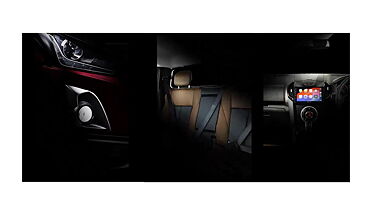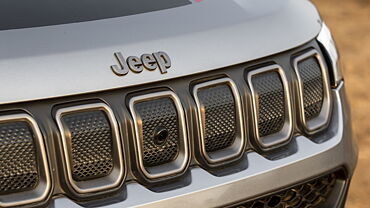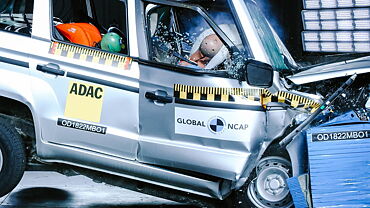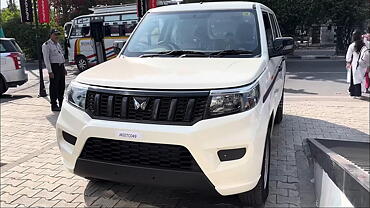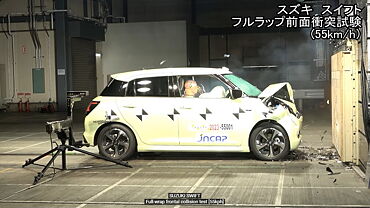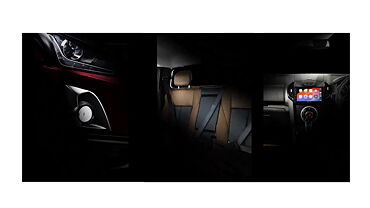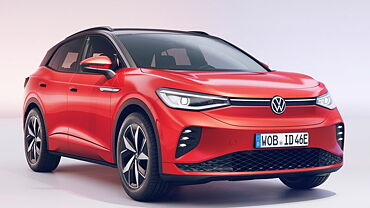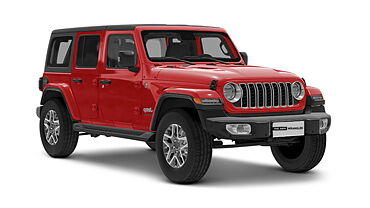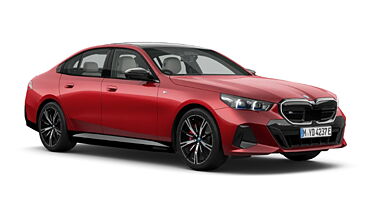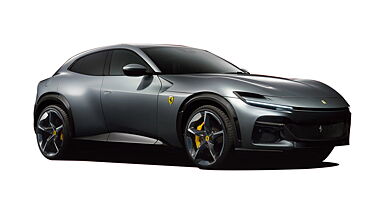The unending arguments and debates regarding the hike in tax on diesel cars are quite pointless and usually deviate from the real issues - oil pricing and subsidies. The underlying fact is that the sales of diesel cars account for 50 per cent of the total sales due to the steady rise in petrol price and the government's decision to regulate diesel. This has caused a stir, as high end diesel-powered cars like large Sport Utility Vehicles (SUVs) and sedans gain a lot through subsidised diesel price.
On the other hand, in light of the fact that the market has already been hit hard by the tax hike on cars in the last budget, it makes no sense to hike the tax on diesel cars to discourage use of diesel. The meagre demand, on which the industry has held on in order to avoid recession, will go down as well with the additional hike.
However, the noteworthy point is that the real problem of the massive subsidies on diesel remains unchanged as the raise in tax on already heavily-taxed diesel cars complicates the matter. At present, a loss of Rs. 13 is accrued by the oil companies on every litre of diesel sold in the country. The overall losses accrued due the sale of diesel stood at Rs. 81,192 crores in 2011. The huge amount of diesel subsidy would not be affected at the least by the relatively small sum of Rs. 2,000 to 3,000 crores that the increased tax will generate. This proposed hike will add to the pollution, as the hike in car prices will force more people to opt for second hand cars. The tax hike is not the solution, what the country need is complete deregulation of oil product prices from the Centre.
The economic conditions in the country have hit rock bottom as the losses accrued on sales of diesel have taken their toll on the exchequer. In such a scenario, the best solution is that market be allowed to control both petrol and diesel prices, not the government. Though it is not an optimal solution in a country like India, the proposal to increase the tax on diesel cars holds its ground as it is a compromise which will hurt the least number of people.
Only 15 per cent of the overall diesel consumed in India is by diesel cars, as per the Kirti Parikh Committee report. While the transport industry using commercial vehicles like trucks forms 37 per cent of the demand for this fuel, buses and tractors use 12 per cent, whereas 6 per cent is used by railways. The national government is trying to keep the impact on common man to a minimum and targeting those who can afford it.
At the same time, totally decontrolling the price of diesel may cause mayhem. The food prices and other basic needs will suffer if the cost load on transportation industry is raised. As it is, the inflation is already at its peak in the country and there is no need to hike it any further. It will also cause a hike in the cost of public transport, much to the chagrin of the common man as well as the government. Effectively, such a move will cause the common man to pay for the expenses of the affluent SUV driving class, while the poor would be severely affected.



